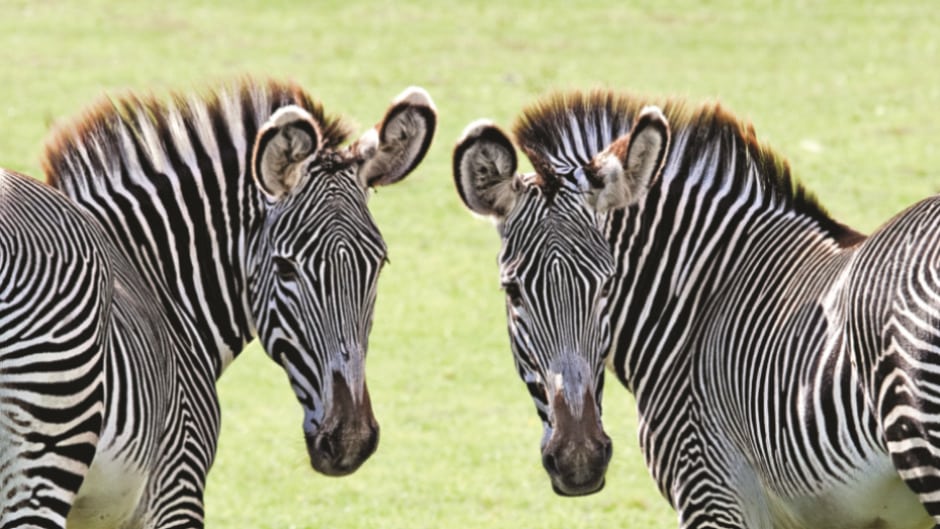Leading the way in population management
April 16, 2024
April 16, 2024

Marwell has been leading a subgroup of the European Population Management Advisory Group (EPMAG) in 2023 to develop a mentoring system for population managers of EAZA Ex Situ Programmes (EEPs). EPMAG supports and advises on the functioning and development of EEPs and long-term animal collection planning.
European Ex Situ Programmes, also known as EEPs, are managed by coordinators, individuals with a particular interest in or knowledge of a species, across all zoos in Europe. Each programme focuses on, usually, endangered species and aims to keep the population of this species genetically and demographically healthy. Since the animals can not move between zoos by themselves (as they would in the wild), the coordinator has to decide who breeds with who, how often, where and when. They use a number of databases and analytical programmes to assess which individuals are of highest genetic importance to the population and to find the best possible matches (avoid inbreeding, good age match, send males to females or vice versa) before making recommendations to individual zoos. The zoos then transfer animals from A to B to form these recommended pairings and breed them for the benefit of the overall population (all individuals of this one species in any EAZA zoo).
Managing an EEP can be very complex and while EAZA does provide training courses and a lot of self-teaching options, these can be overwhelming, in particular for novice coordinators. All the courses are provided in English and with 24 different official languages in Europe, the majority of coordinators have to learn and communicate in a foreign language. This does make the often technical and difficult content even more challenging. It was therefore important to address this aspect in the new mentoring system.
A survey was sent to all EEP coordinators in six European languages to find out for which topics Population Managers need most support, in which language, and what format. 185 coordinators replied to the survey. While this number comprised equal amounts of new and established population managers, more than 64% said that they would like help of some sort, mostly in the areas of data management and communication.
Approximately half of respondents are happy to use English (regardless of their nationality) in their EEP work but the other half would prefer another language to better express themselves and understand communications. Most coordinators would like to be supported by personal mentors, ideally in their own language, but self-teaching materials and online guidance are also welcome.
Next, the EAZA Population Management Centre will pair up novice coordinators with experienced EEP managers who have volunteered themselves. The mentoring group is working on a `Welcome package`, FAQs, and a list of available resources for new coordinators. This will aide those most in need of support before the group can extend help to more experienced EEP managers and other support areas as requested. All this should improve the quality of EEPs over time.
Marwell’s coordinator of the Grevy’s zebra EEP, Tanya Langenhorst, has been in place since 2000 and is one of the most experienced population managers in EAZA. Over the years she has held the hand of several EEP coordinators at Marwell but also supported colleagues in other zoos. She has now been asked to take on the mentorship of a new ungulate coordinator in Switzerland who had requested support in German, Tanya’s first language.
Marwell’s Primates & Small Mammals Animal Team Leader Amy Denny is a new coordinator who will manage the red-handed tamarin (Saguinus midas) EEP.